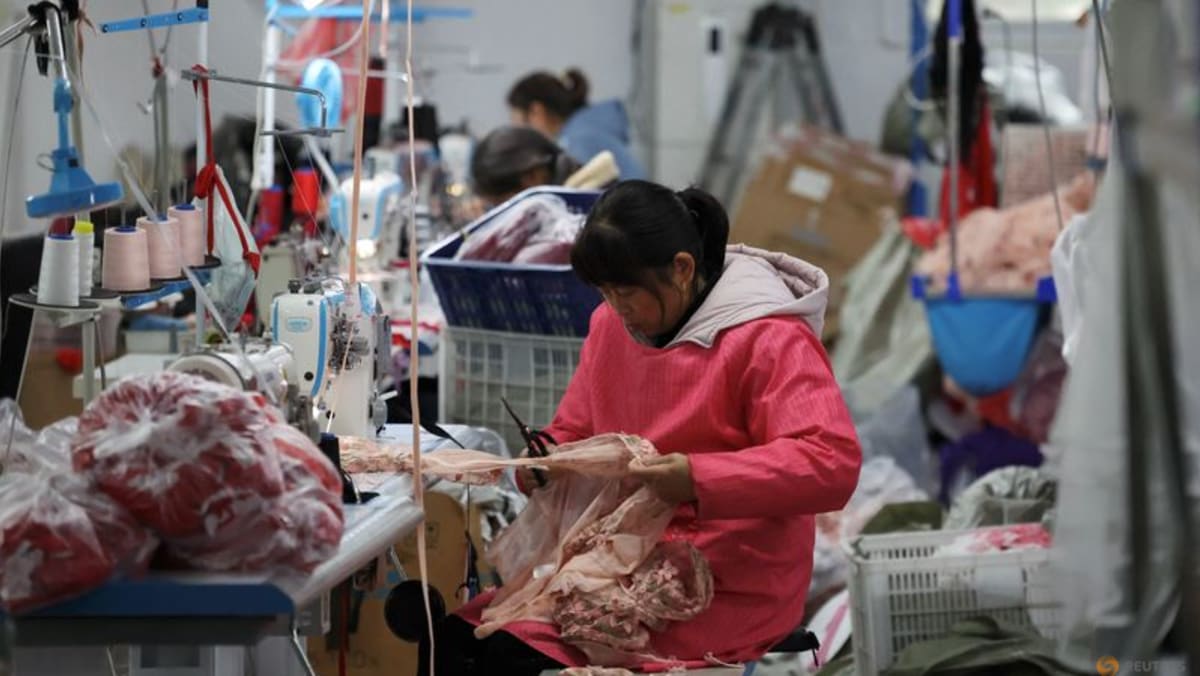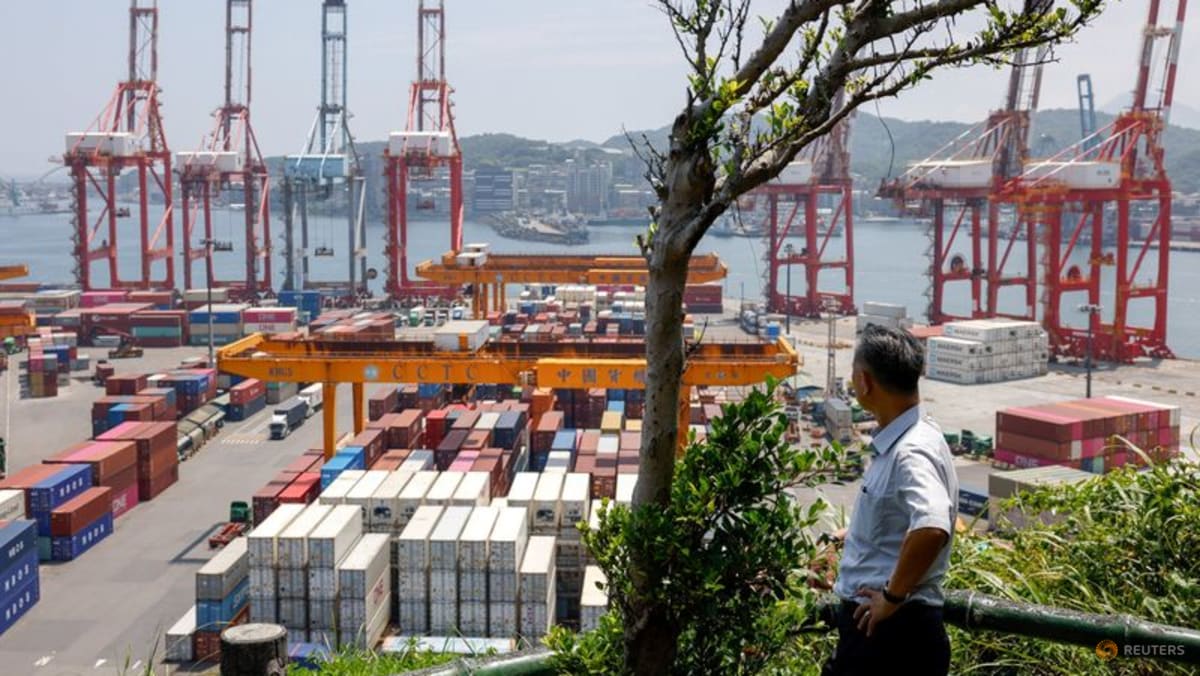China factory activity grows more slowly, services recover

BEIJING: China’s manufacturing activity barely grew in December though services and construction recovered, an official survey showed on Tuesday (Dec 31), suggesting policy stimulus is trickling into some sectors as the economy braces for new trade risks.
The National Bureau of Statistics (NBS) purchasing managers’ index (PMI) slowed to 50.1 in December from 50.3 a month prior, staying above the 50-mark separating growth from contraction but missing a median forecast of 50.3 in a Reuters poll.
China’s US$18 trillion economy has struggled to recover from the pandemic amid weak consumption and investment, and a protracted property crisis. However, policymakers hope a recent blitz of fiscal and monetary measures will spark a turnaround in the property market, which has dragged on the broader economy.
Improved domestic demand could benefit manufacturers amid a global economic slowdown, reducing the impact of US President-elect Donald Trump’s proposed new tariffs on Chinese goods.
“The worst part of overcapacity seems to be over, businesses are receiving more orders,” said Xu Tianchen, senior economist at the Economist Intelligence Unit. “But there is a high risk of activity slowing again if stimulus subsides.”
“The bottom line is the stimulus needs to be sustained.”
The new orders sub-index of the manufacturing PMI rose to 51.0 this month – an eight-month high – up from 50.8 in November. But the new export orders, employment, factory gate prices sub-indices all remained firmly in negative territory, the NBS said.
Mixed industrial output and retail sales data for November released earlier this month underscore how challenging it will be for Beijing to mount a durable economic recovery in 2025. Government advisers are recommending the economy maintain a growth target of around 5.0 per cent next year and that policymakers ramp up consumer-focused stimulus.
The non-manufacturing PMI, which includes construction and services, rose to 52.2 this month, after it slowed to 50.0 in November. The NBS attributed the uptick to growth in China’s financial services, telecommunications and travel sectors.
Following the data, China’s blue chip CSI300 index fell 0.6 per cent, while Hong Kong’s Hang Seng rose 0.35 per cent.
Source: CNA















